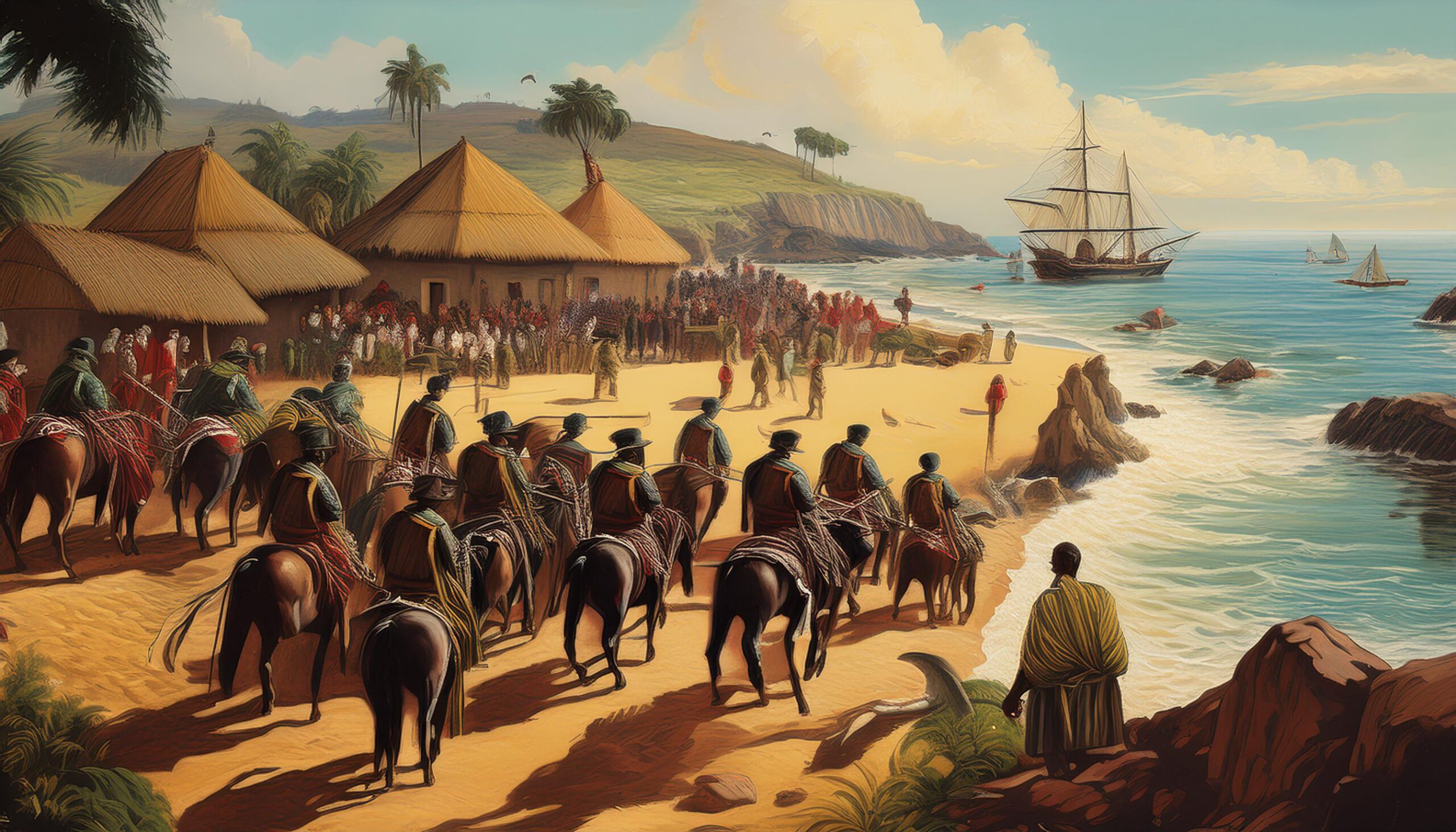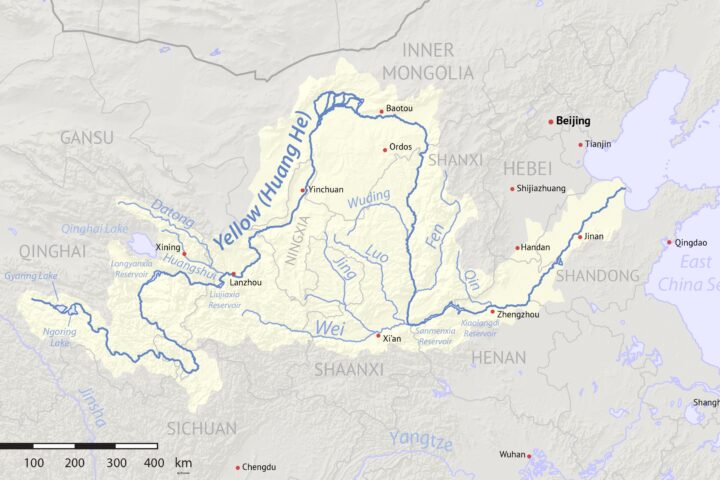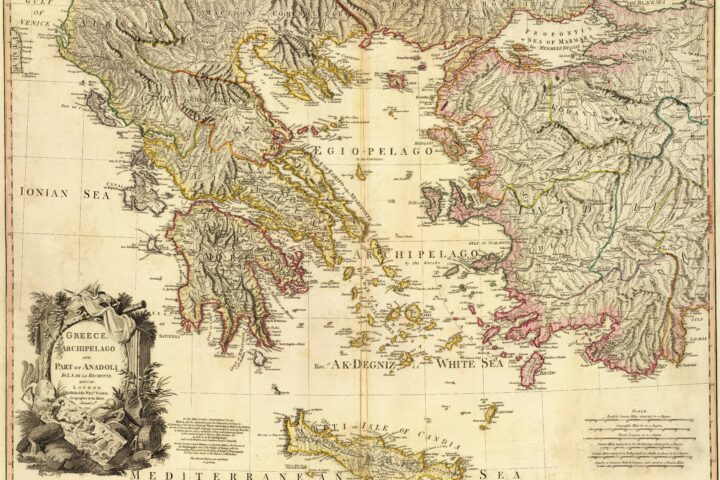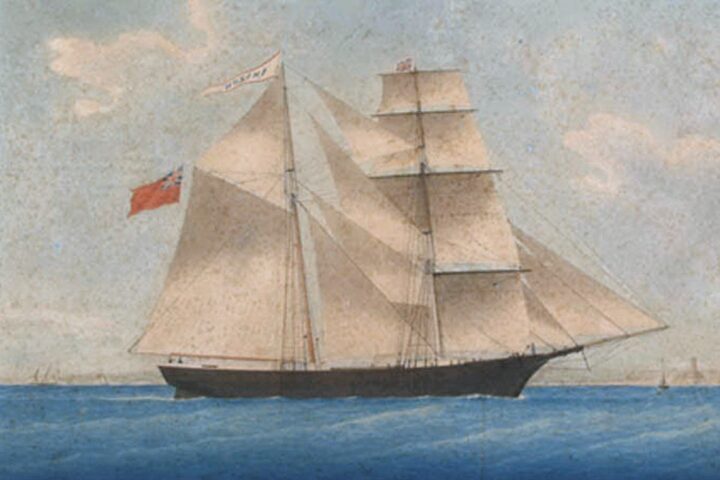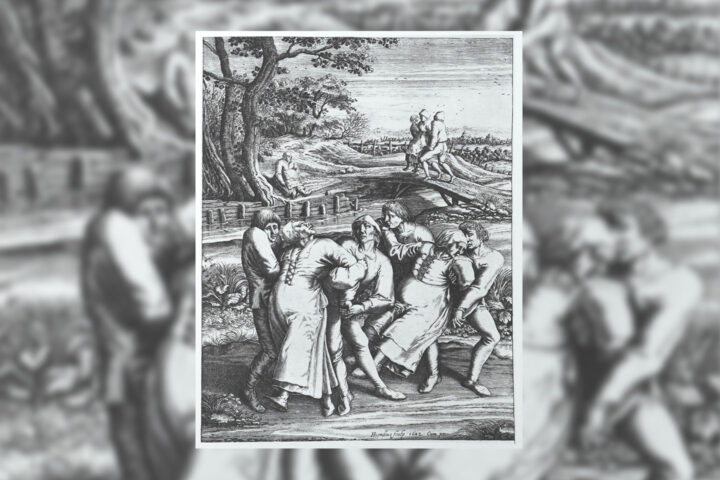Source: Firefly_AI Generated- Portuguese Colonialism: Africa’s Overlooked Legacy
Introduction
The debate and discussion on European colonialism in Africa never fails to identify, acknowledge, and highlight three main culprits—the British, French, and Belgian empires. However, the Portuguese colonial legacy, if somewhat peripheral and under-researched, is no less extensive and far-reaching. This paper highlights the relatively unacknowledged extent of Portuguese colonization in Africa, particularly its linguistic thralldom.
The Portuguese Empire: A Brief Overview
Portugal was geographically much smaller compared to most of its European counterparts, but its colonial empire lasted phenomenally from the 15th century well to the late 20th century. Base on initial themes that revolved around maritime explorations and trade, Portugal established colonies along the African coasts, in Brazil, India, and Southeast Asia.
Africa was at the heart of Portuguese colonialism. The nation built forts and trading posts along the coasts, focusing largely on the rich slave trade. However, with time, its power evolved also towards the interiors, which gave rise to the colonies of Angola, Mozambique, Guinea-Bissau, and Sao Tome and Principe, in addition to Cape Verde.
The Portuguese Language in Africa
Perhaps the most persistent legacy of Portuguese colonialism in Africa has been the widespread diffusion of the Portuguese language. To be sure, related to Spanish and English, certainly far less famous colonial languages, Portuguese has yet had a deep influence on the linguistic profile of different African countries.
Portuguese as a Colonial Language
Unlike other European powers, Portugal adopted a policy of assimilation, as opposed to segregation, in its African colonies. As a result, Portuguese was made the language of the administration, education, and commerce. As such, it was made the lingua franca of most urban centers, more so along the coast.
The Bantu language, a family that sweeps over much of sub-Saharan Africa, has continued to be strongly influenced by Portuguese contact. Bantu languages are characterized by their potentially quite complex grammatical structures and rich lexicon. The influence of Portuguese, with its distinct phonetic system and special vocabulary, reflected on the following features:
- Loanwords: A great percentage of words in Bantu languages were borrowed in the formation process from the Portuguese language. These were borrowed in numerous fields, which include but are not limited to trade, religion, governance, everyday life, among many others. For example, from the religion of Christianity, the word “padre” meaning “priest” or “igreja” meaning “church” was included in the Bantu vocabulary.
- Grammatical Changes: Contact with the Portuguese also led to some grammatical changes in some Bantu languages. Examples include the adoption of Portuguese grammatical structures in sentence formation and conjugation of verbs.
- Creole Languages: In some regions, Portuguese mixed with the local languages to create creole languages. Among these languages are Papiamento in Cape Verde and São Tomé and Príncipe; they are important languages of communication for varied populations.
The Lasting Legacy of Portuguese
Even after the decolonization process in the 1970s, millions of people in Africa continued to speak Portuguese. It is an official language in both Angola and Mozambique, used either solely or together with other locally recognized languages in education, government, and business. Even though recently there have been efforts to promote indigenous languages, for many Africans, Portuguese has turned into a symbol of cultural and historical identity.
Beyond Language: Other Portuguese Influences
The impact of Portuguese colonialism is much more than just language. It introduced new crops to Africa, like maize and cassava, that later became traditional African foods. The Portuguese brought new architectural styles and concepts in urban planning, thus determining the physical look of colonial cities.
Moreover, Portuguese Catholicism became the most practiced religion in some parts of Portuguese Africa. This was followed by the construction of churches and the founding of religious orders, which had enormous repercussions for social and cultural life in the respective colonies.
The Economic Impact of Portuguese Colonization in Africa

Source: worldhistory.org- Portuguese colonial empire in the age of exploration
While there are obvious linguistic and cultural impacts of Portuguese colonialism, the economic consequences are equally deep and complex. The main orientation of Portugal’s colonial policy was resource extraction for the metropolis; this has left a legacy of dependency and inequality that remains to the current day.
Natural Resource Exploitation
Africa was a cornucopia of natural resources for Portugal. The colonies are radically exploited, and their resources literally dried out for the deadlock of the Portuguese economy. For example, Angola contributed excessively to that supply of oil and diamonds which are heavies in the market, while Mozambique has agricultural crops. The extraction of resources was undertaken at a relatively low cost, in terms of the environment or social considerations, with the benefits accruing most importantly to Portuguese interests.
The colonial economic model was based on monoculture, with production focused on cash crops meant for export. This engendered a neglect of food production that left these colonies vulnerable to famines and food shortages. Additionally, the kind of infrastructure developed was primarily meant to facilitate the extraction and export of resources, and therefore very little investment was made in social development or the industrialization of such colonies.
Labor Exploitation and Forced Migration

Source: Adobe Firefly_AI Generated- Forced Labor: The Backbone of Portuguese Colonial Exploitation
The colonial economy was largely dependent on forced labor. The notorious system of indentured labor, especially in Angola and Mozambique, was absolutely harsh and fully exploitative to the Africans. Millions of Africans were forcefully removed from their villages and homes to work on plantations, in mines, and on infrastructure. This displacement of labor caused havoc and social dislocation in the rural communities.
Even further, the colonial administration of the Portuguese set in place policies with the aim of creating a workforce supply for the colonial economy. Education was stifled, while the skill trades were available to only a few. Such deliberate moves had the effect of creating dependency on Portugal’s endowment of skilled labor to reinforce the colonial economic structure.
The Legacy of Economic Dependency
Over Reliance on natural resource exports exposed the second band of colonies—mainly the former Portuguese colonies—to extreme price fluctuations or to really large shocks in case of economic depression. Furthermore, lack of industrialization and diversification leads to low economic growth and development.
From this colonial legacy can also be explained the different income inequalities and poverty: a small part of the ruling elite got advantages at the expense of the colonial system, whereas the rest of the population was pauperized and marginalized. Such deep-rooted economic inequalities have been hard for the post-colonial states to rectify, and in a number of cases the gap between the rich and poor has increased.
The Road to Economic Independence
It all sounds as though, through inheritance of colonial economic challenges, it might just be too daunting a task to overcome them. Three important elements in sustainable development are the diversification of economies, investment in education and human capital, and good governance. Although there has been much progress and many changes in many African countries in this regard, the road to economic independence is still long.
A regional integration that is economically vied could also serve as a resolution for the economic legacy of colonialism: cooperation in the scope of trade, infrastructures, and investment would increase bargaining power and reduce the vulnerability of its exogenous shocks of the former Portuguese colonies.
Conclusion
Economics and Portuguese colonialism in Africa is apparently a long, drawn-out issue. Portuguese colonization and its consequences are still central to most African countries’ economic setup. Understanding this historical background is imperative to design strategies and responses to meet the challenges of the present and the building of an Africa with an optimistic future.
Sources:
- https://oxfordre.com/africanhistory/display/10.1093/acrefore/9780190277734.001.0001/acrefore-9780190277734-e-183#:~:text=In%20Angola%2C%20Guinea%2DBissau%2C,impacted%20on%20local%20societies%20differently.
- https://en.wikipedia.org/wiki/Portuguese_Empire
- https://unesdoc.unesco.org/ark:/48223/pf0000011345
- https://www.theatlantic.com/magazine/archive/1969/01/portuguese-africa/660748/

